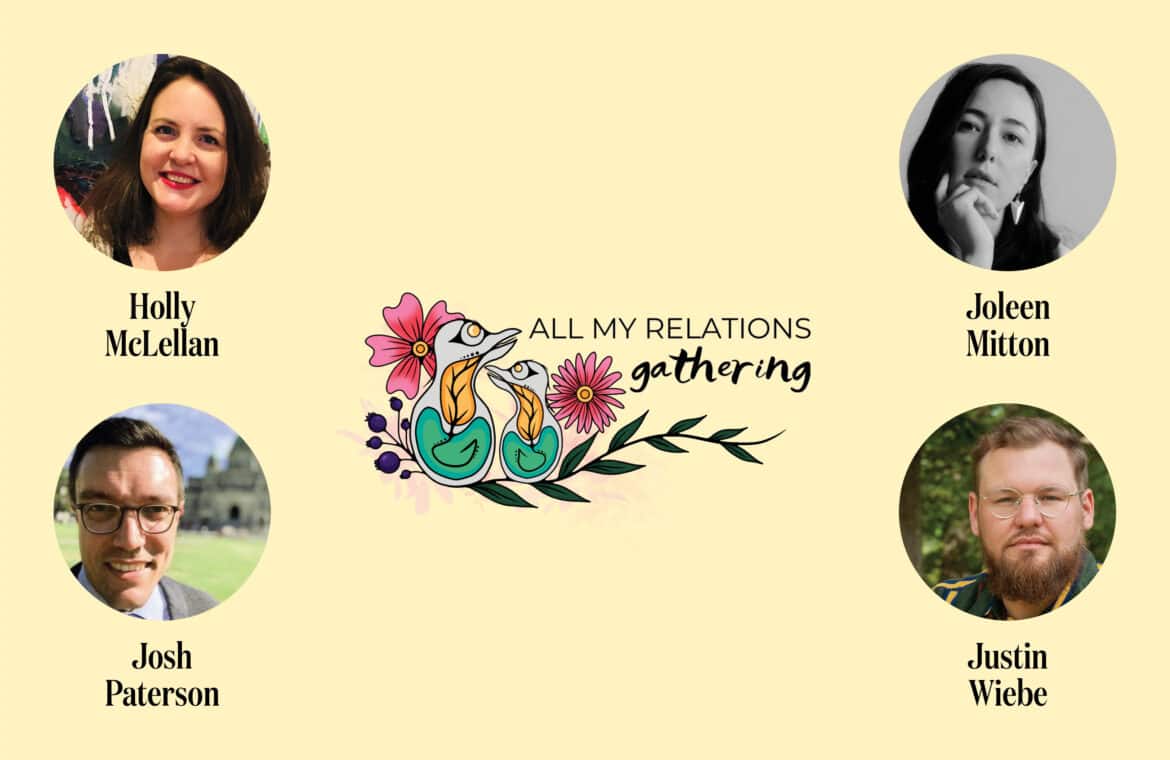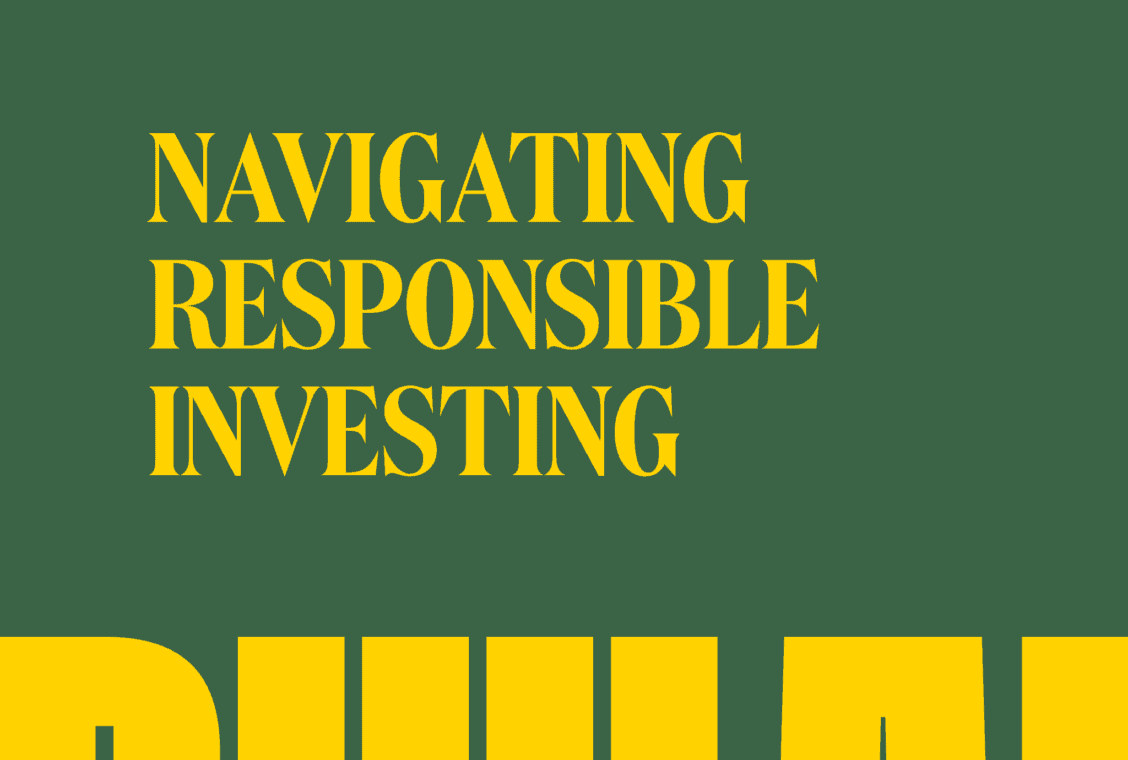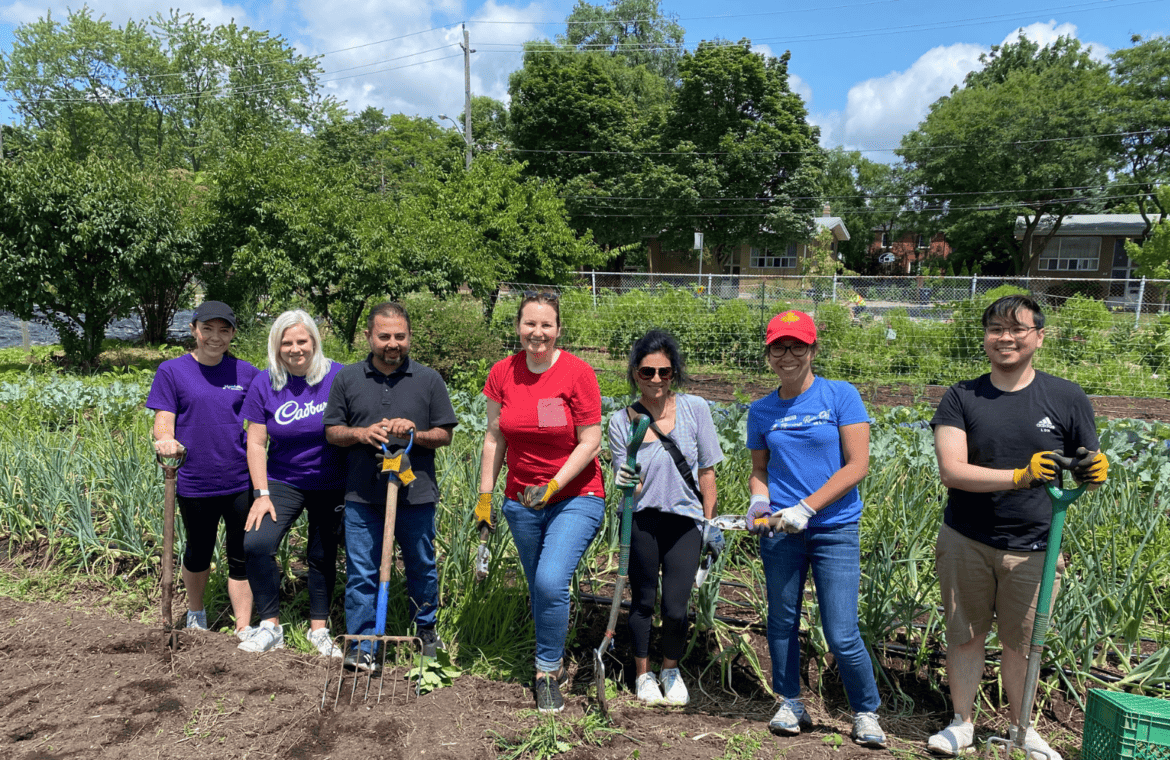Not your typical conference: Insights about hosting from The Circle’s All My Relations gathering
What happens when we are intentional about being a good host? Host Holly McLellan talks with guests Joleen Mitton, Justin Wiebe, and Josh Paterson about their experiences and reflections from The Circle’s 2023 All My Relations gathering.






